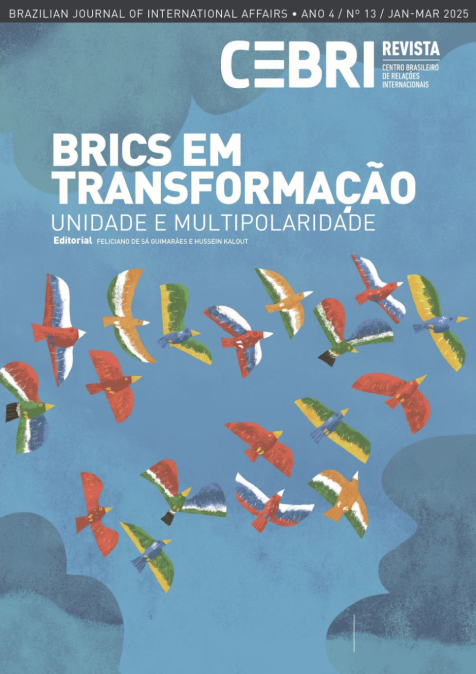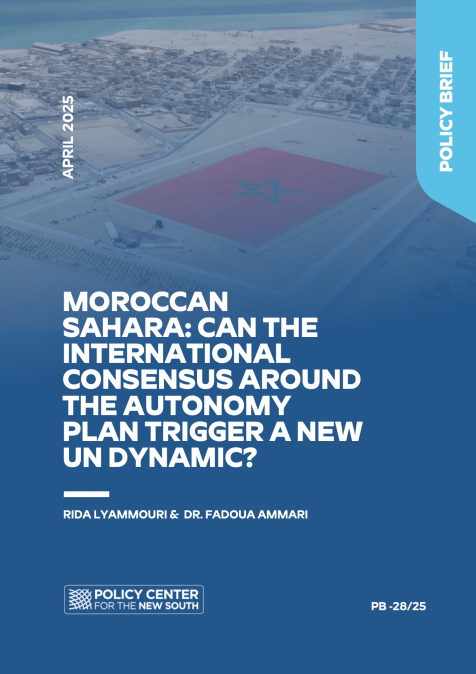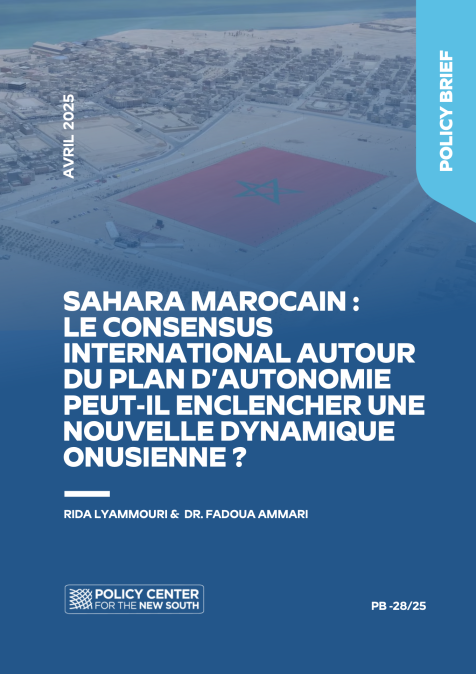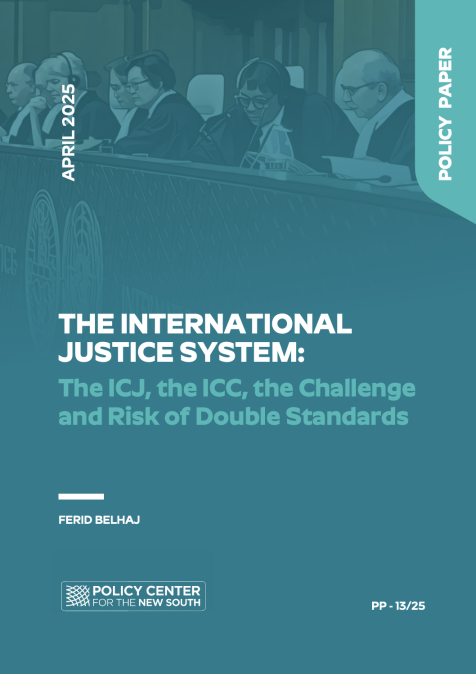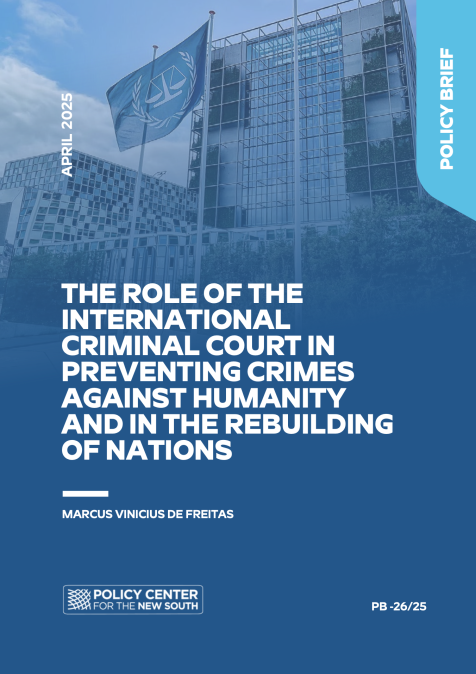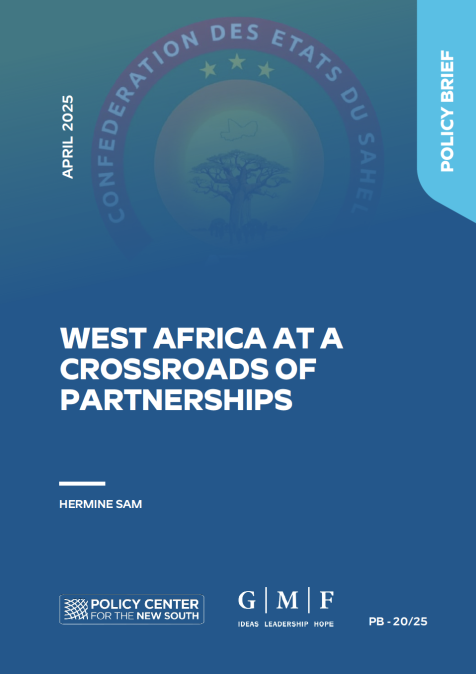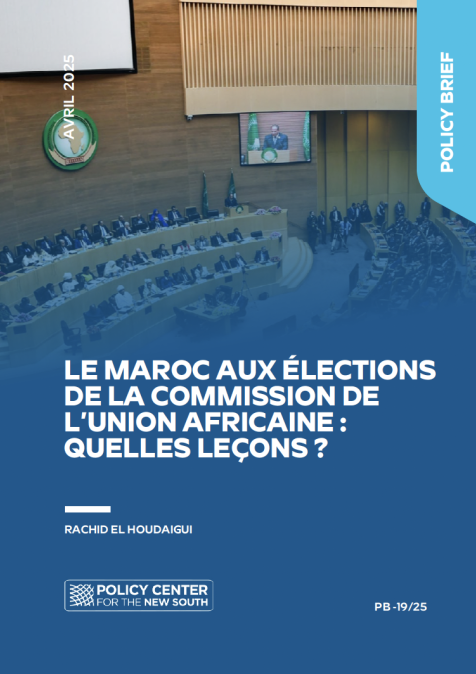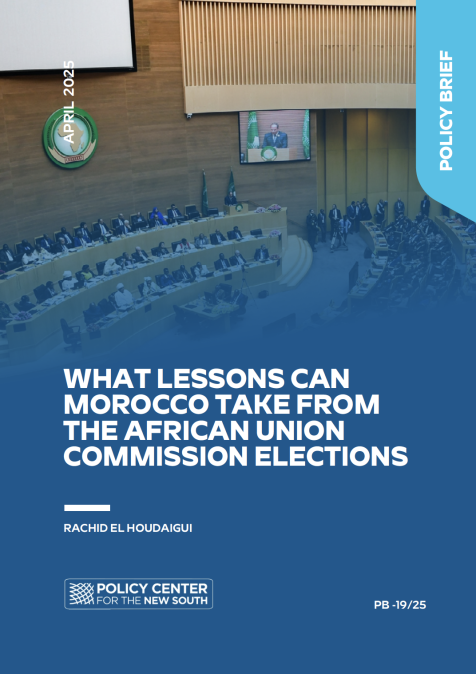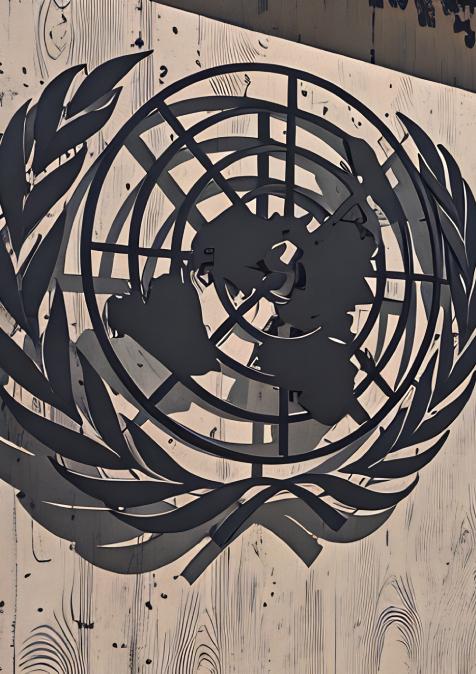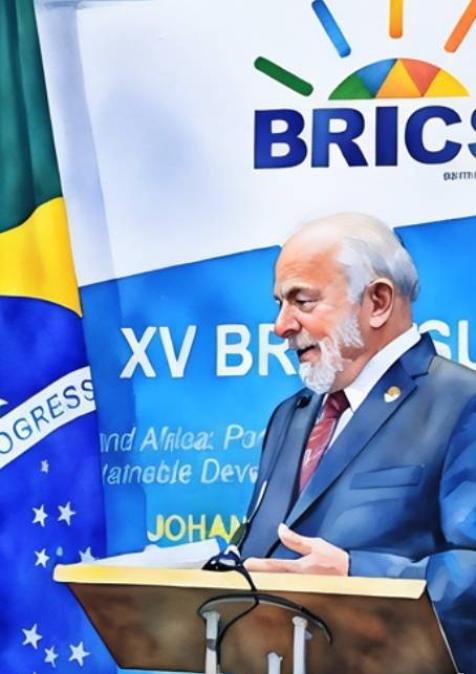
July 14, 2025
The BRICS+ group of countries met in Rio de Janeiro over the weekend of 6-7 July. The original group – Brazil, Russia, India, China and, soon after, South Africa – emerged as the materialization of a work of fiction. Jim O’Neill, then chief economist at Goldman Sachs, produced a report in 2001 drawing attention to the rise of these countries as emerging regional powers in global economic growth.
...


